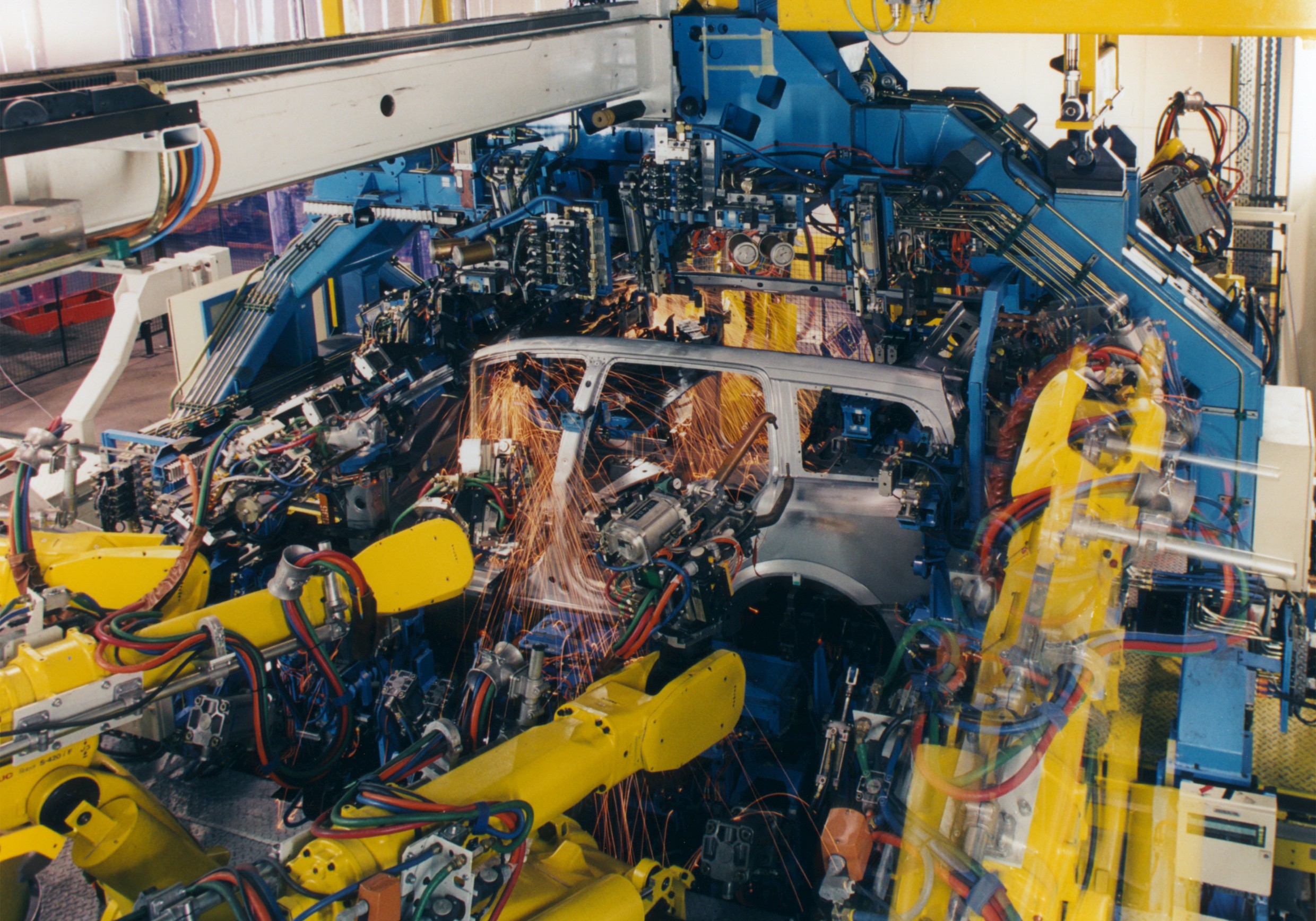



The paper sums up first experiences and conclusions. Thus, they can take both chances and challenges into account. The workshop provides hands-on experiences and allows participants to get a holistic view on technology. The concept aims at showing the benefits of MES from an engineering point of view as well as enabling works councils to survey implementation processes of MES in the sense of participatory ergonomics. IG Metall and Ruhr-University Bochum developed an interdisciplinary workshop concept for works councils taking place in a close-to-reality setting of the LPS learning factory. Their implementation changes workplaces and work organization, affects issues of employment, remuneration, data privacy protection, working tasks, qualification requirements, working time, as well as safety and health protection. MES are an integral part of the operational implementation of Industry 4.0 technologies. The conference covered a range of learning-factory-related topics, especially the following: Lean production Resource efficiency Productivity management Industry 4.0 / Cyber-physical systems Digital learning environment Problem-based learning Consideration of the product lifecycle Industrial implementation Didactic Approaches. the Learning Factory, developed by the University of Bochum, in a. The concept was developed by IG Metall (“Industrial Union of metalworkers”) and Ruhr-University Bochum (“LPS, Chair of Production Systems” and “Office of Cooperation RUB/IGM”) considering the technical as well as the sociological and didactical perspective. workers are based in a Learning Factory model (new model of Vocational Education. The addressed target groups are trade union representatives and works councils. It can use the benefits of this special Industrie 4.0 sector (assistance systems for shop floor employees) and may demonstrate praxis-oriented simulations to seminar participants who will be able to explore and experience these benefits by themselves.This paper gives an insight into a learning factory concept on a rather abstract topic: Manufacturing Execution Systems (MES) as the basic IT-infrastructure for industrial internet application. Once the research project is finished, the Chair of Production Systems will have implemented different Industrie 4.0 scenarios within the LPS Learning Factory. Sharing the development of an assistance system with a service-based architecture has made huge sense and turned out a success.
#Bochum learning factory software
Within the research project, the close collaboration with the software specialist of imc, the German Research Center for Artificial Intelligence and Fraunhofer IAO has been very successful. What measures have been taken to achieve the solution? Intelligent assistance systems like the APPsist system are designed to support shop floor employees and thus to enable companies to flexibly appoint their employees, to optimize production figures (MTTR, downtimes, quality degrees etc.) and to fix times for on-the-job learning periods. It generally follows the principles of a microservice architecture. inspection cells, automated material Systems (Ruhr-University Bochum) and the. The functionalities are implemented by largely independent, dedicated services which are composed into a complete system. Mini-factory A Learning Factory Concept for Students and Small and. The APPsist project aims at developing a service-based software architecture. How can the Industrie 4.0 approach be described? Industrie 4.0 issues a huge challenge to the Chair of Production Systems to investigate new applications, to implement and validate them within the LPS Learning Factory and to incorporate Industrie 4.0 into the academic syllabus. What were the challenges to be solved and what specific benefits were achieved?


 0 kommentar(er)
0 kommentar(er)
